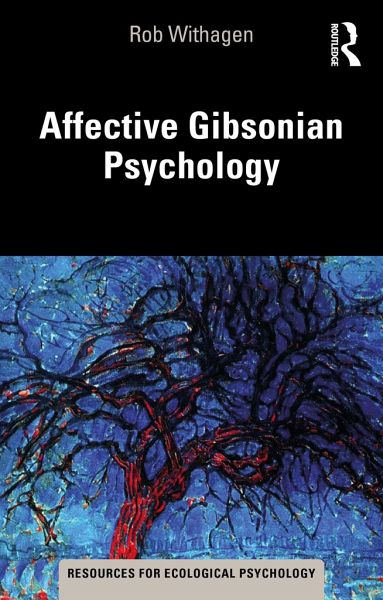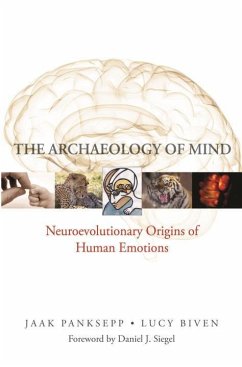
Affective Gibsonian Psychology
Versandkostenfrei!
Versandfertig in 6-10 Tagen
38,99 €
inkl. MwSt.
Weitere Ausgaben:

PAYBACK Punkte
19 °P sammeln!
Affective Gibsonian Psychology presents the first comprehensive ecological approach to our affective engagement with the environment, drawing on James Gibson's new foundation of psychology.This book develops a unique theoretical framework, beginning with Gibson's ecological approach, but also drawing on phenomenology, developmental systems theory, and the pioneering ideas of the psychoanalyst Alice Miller. The advanced perspective allows us to understand our emotional engagement with the environment, and the individual differences therein, without returning to the Cartesian assumptions that ha...
Affective Gibsonian Psychology presents the first comprehensive ecological approach to our affective engagement with the environment, drawing on James Gibson's new foundation of psychology.
This book develops a unique theoretical framework, beginning with Gibson's ecological approach, but also drawing on phenomenology, developmental systems theory, and the pioneering ideas of the psychoanalyst Alice Miller. The advanced perspective allows us to understand our emotional engagement with the environment, and the individual differences therein, without returning to the Cartesian assumptions that have plagued psychology since the 17th century.
This book is intended to contribute to the ecological movement in psychology and is of interest to scholars working in the fields of Gibsonian psychology, affective science, phenomenology, clinical psychology, and (radical) embodied cognitive science.
This book develops a unique theoretical framework, beginning with Gibson's ecological approach, but also drawing on phenomenology, developmental systems theory, and the pioneering ideas of the psychoanalyst Alice Miller. The advanced perspective allows us to understand our emotional engagement with the environment, and the individual differences therein, without returning to the Cartesian assumptions that have plagued psychology since the 17th century.
This book is intended to contribute to the ecological movement in psychology and is of interest to scholars working in the fields of Gibsonian psychology, affective science, phenomenology, clinical psychology, and (radical) embodied cognitive science.














